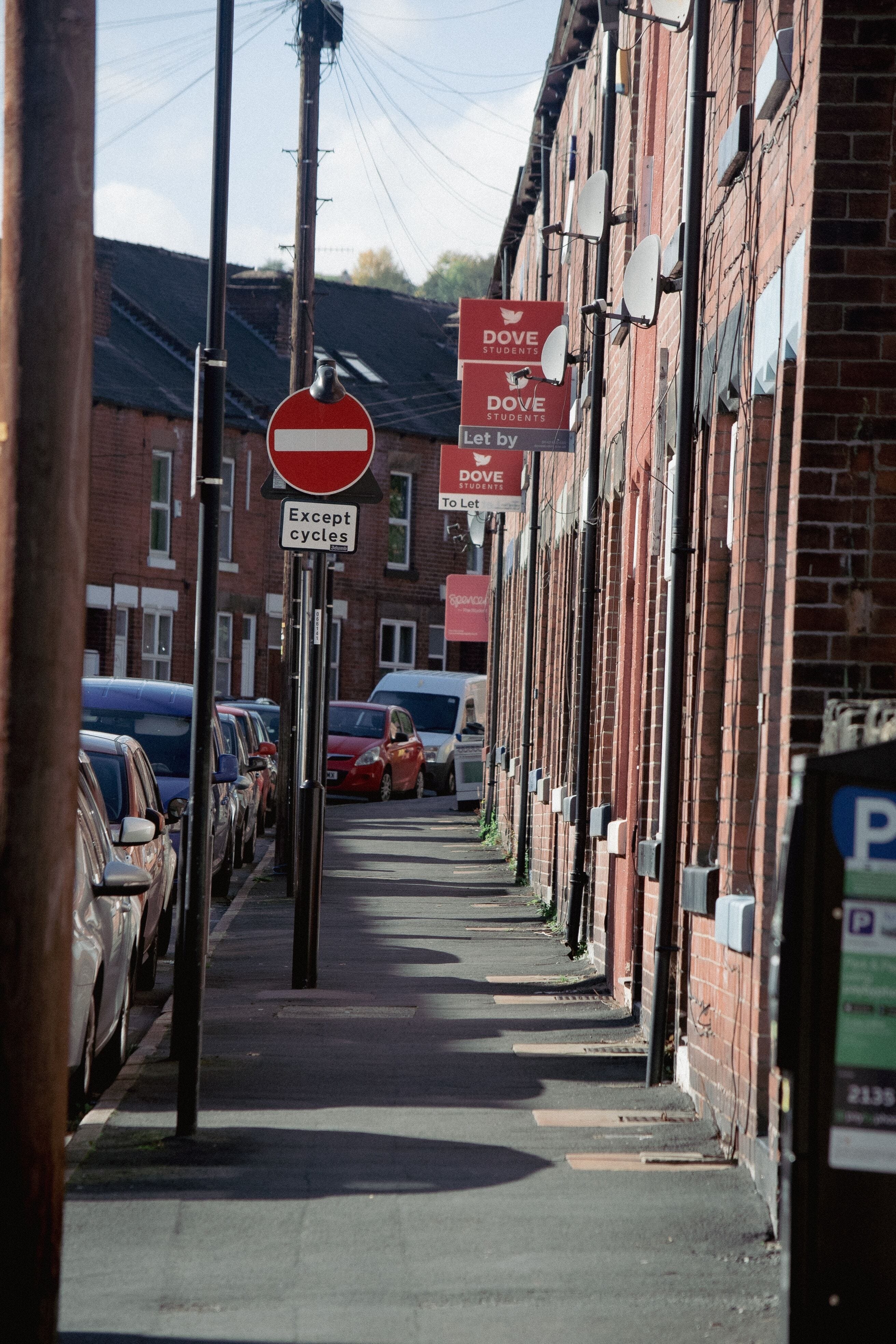
The government has set out new legislation which aims to provide more protection for England’s 11 million private rented tenants and improve the standards of rental accommodation across the country. The Renters (Reform) Bill was given its first parliamentary reading on Wednesday by Secretary of State for Levelling Up, Housing and Communities, Michael Gove, and will be debated over the coming months.
The bill includes a range of measures designed to improve the rental market, including legislating against Section 21 “no-fault” evictions. Considered a leading cause of homelessness and contributing to housing insecurity, 230,000 private renters were served with a no-fault eviction between 2019-2022, Shelter data shows.
Tenants will be able to request to keep a pet in a rented property and landlords will be obliged not to unreasonably refuse, under the new Bill. Other additions include the introduction of a landlord database and the requirement for every landlord to be a member of a redress scheme through which tenants can take a non legal route to apply for compensation. The latter currently applies to letting agents only.
The Bill also proposes that the government commits to introducing new health and safety requirements for rented housing in the future. Landlords will be required to ensure that their properties meet a decent homes standard. This is designed to improve the overall quality of rental properties, and to reduce the risk of accidents and health problems for tenants as a result of where they live.
Having a safe, secure and comfortable home is one of the building blocks of health.
Research has shown that poor-quality rental accommodation can have a significant negative impact on the health and wellbeing of tenants, with problems such as damp, mould, and cold temperatures contributing to respiratory problems, cardiovascular disease, and other health issues. The threat of eviction causes stress and feelings of powerlessness.
According to a report by the Royal College of Paediatrics and Child Health, poor housing is also a major contributing factor to childhood illness and injury. The report found that children living in substandard housing are more likely to suffer from asthma, injuries caused by falls, and mental health problems.
Before it is enacted, the Bill will be debated and then pass through the House of Parliament and the House of Lords.
People’s Health Trust will cover the Renters (Reform) Bill and its impact on health in more depth over the coming weeks, with policy analysis and further comment on its details. For more information on how homes affects our health, read our page on housing and health inequalities.
